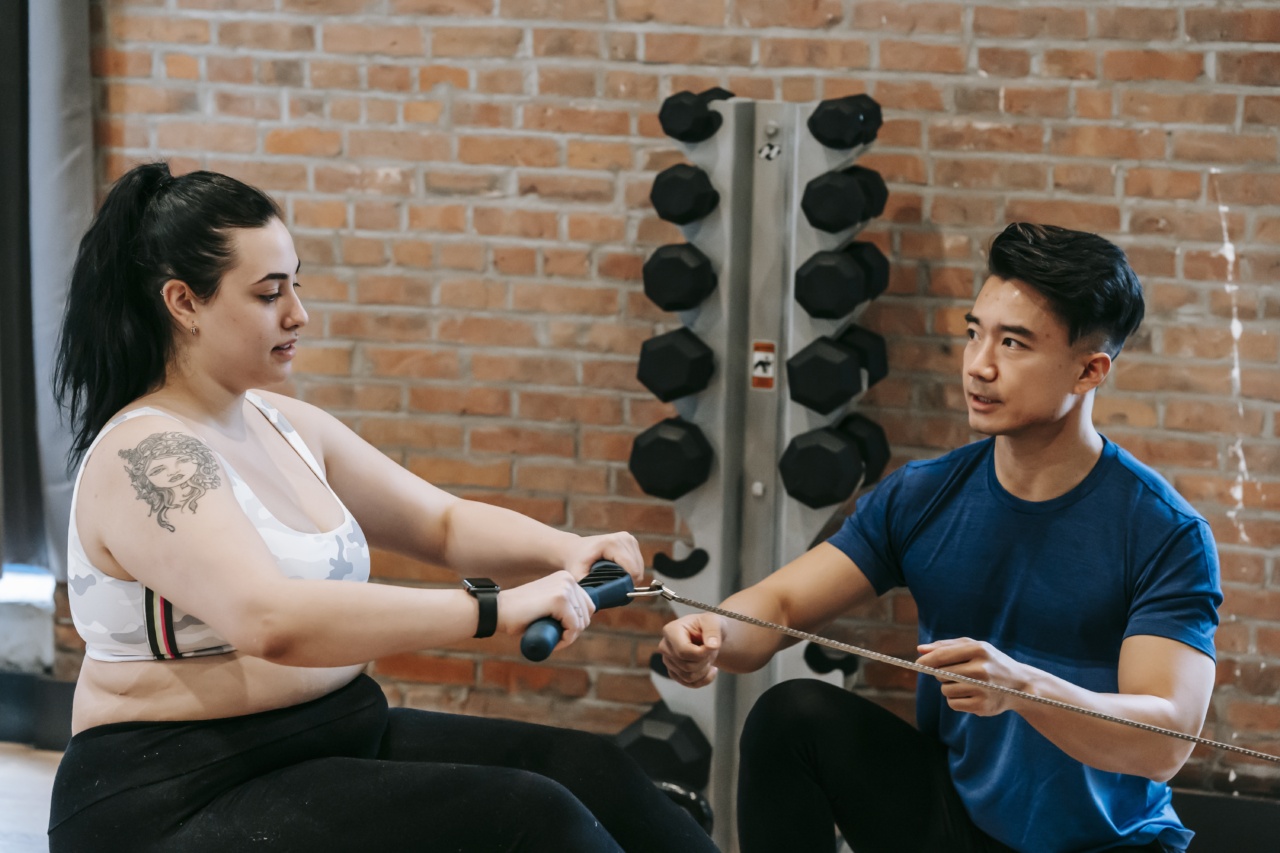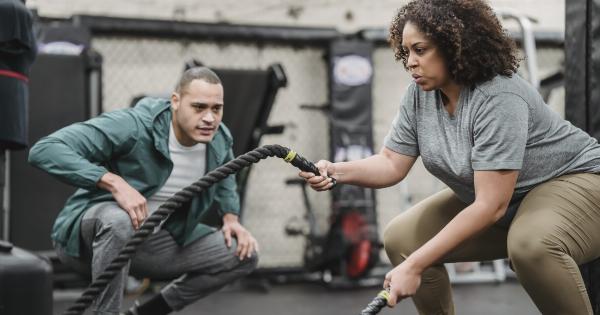As we age, it becomes increasingly important to maintain our muscle strength. This is because aging often results in muscle atrophy, or the loss of muscle tissue, which can lead to a decrease in overall strength and mobility.
For seniors, this can make activities of daily living more difficult and even contribute to falls and injuries.
Thankfully, there is a supplement that can help support muscle strength in seniors: creatine.
What is creatine?
Creatine is a naturally occurring amino acid that is found in small amounts in foods like meat and fish. It is stored in the muscles and is used to produce energy during intense physical activity, like weightlifting or sprinting.
In supplement form, creatine is often used by athletes and bodybuilders to support muscle growth and enhance performance. However, research has shown that creatine can also benefit older adults by helping to maintain muscle mass and strength.
How does creatine support muscle strength in seniors?
There are a few ways in which creatine can support muscle strength in seniors:.
1. Increased muscle energy
As mentioned, creatine is used by the muscles to produce energy during physical activity.
By supplementing with creatine, seniors may be able to increase the amount of energy available to their muscles, allowing them to perform better and recover more quickly.
2. Improved muscle protein synthesis
Creatine has been shown to improve muscle protein synthesis, or the process by which the body builds and repairs muscle tissue. By promoting muscle protein synthesis, creatine may help seniors maintain their muscle mass and prevent muscle loss.
3. Enhanced muscle quality
Research has also shown that creatine can improve muscle quality, or the functional ability of the muscles. This can lead to improved mobility, balance, and overall physical performance in seniors.
How should seniors take creatine?
The recommended dosage of creatine for seniors is typically lower than that for younger adults. Most experts recommend a dose of 3-5 grams per day, taken with a meal or immediately after exercise.
It’s important to note that creatine can cause some side effects, like bloating and digestive discomfort, especially if taken in high doses.
Seniors should speak with their healthcare provider before starting to take creatine to ensure that it is safe for them.
The bottom line
For seniors looking to support their muscle strength and overall physical performance, creatine can be a valuable supplement.
By increasing muscle energy, improving muscle protein synthesis, and enhancing muscle quality, creatine may help seniors maintain their muscle mass and prevent muscle loss as they age.



























